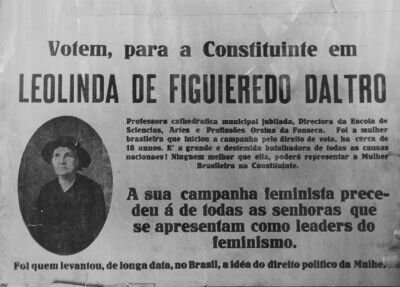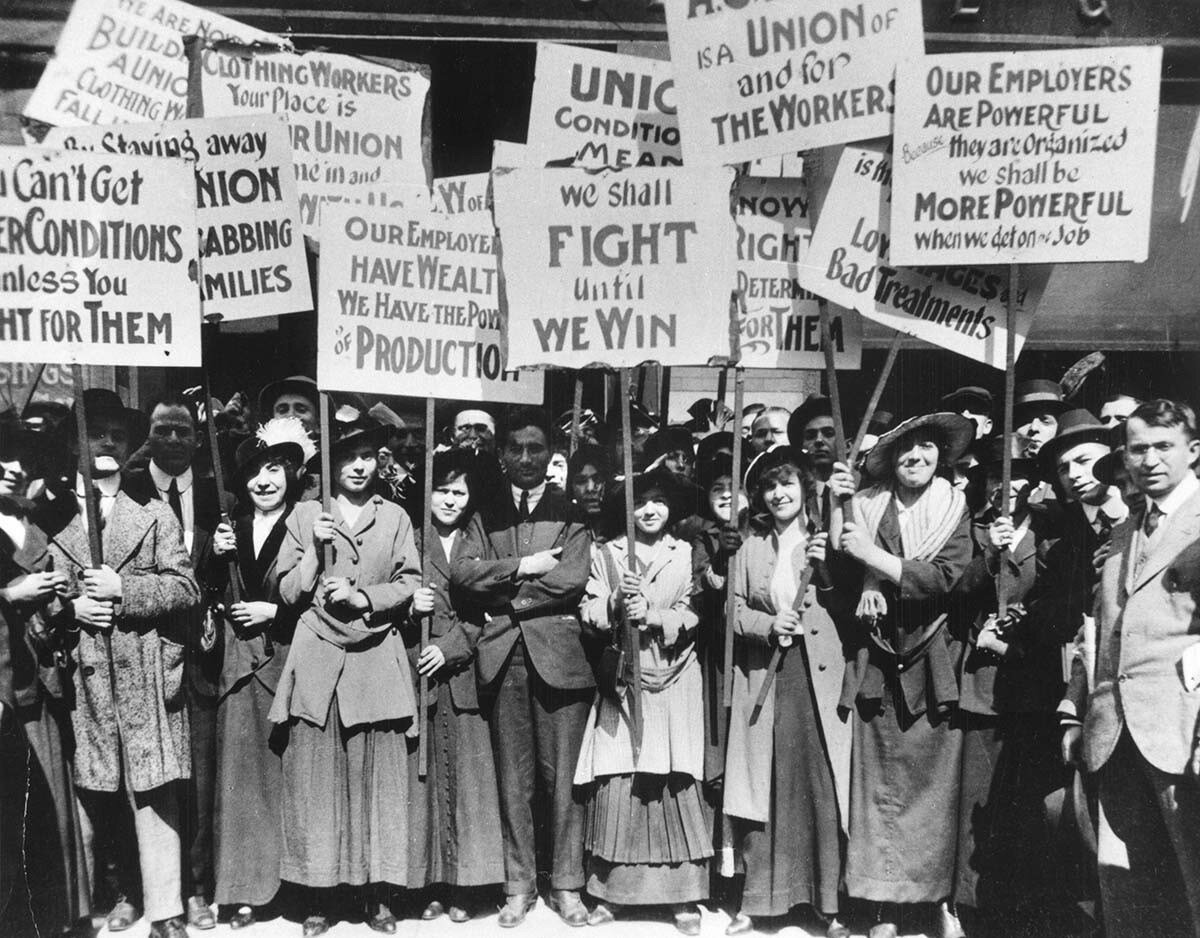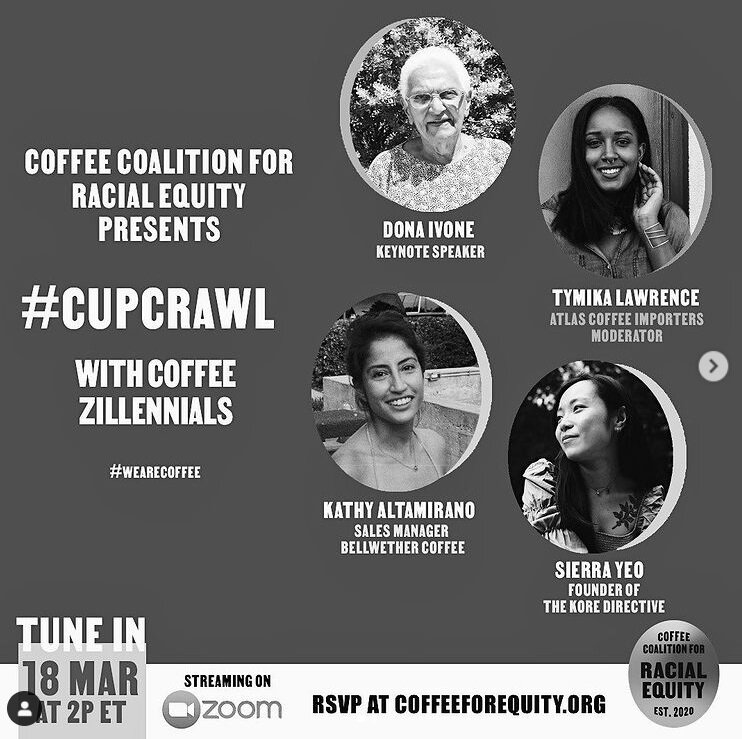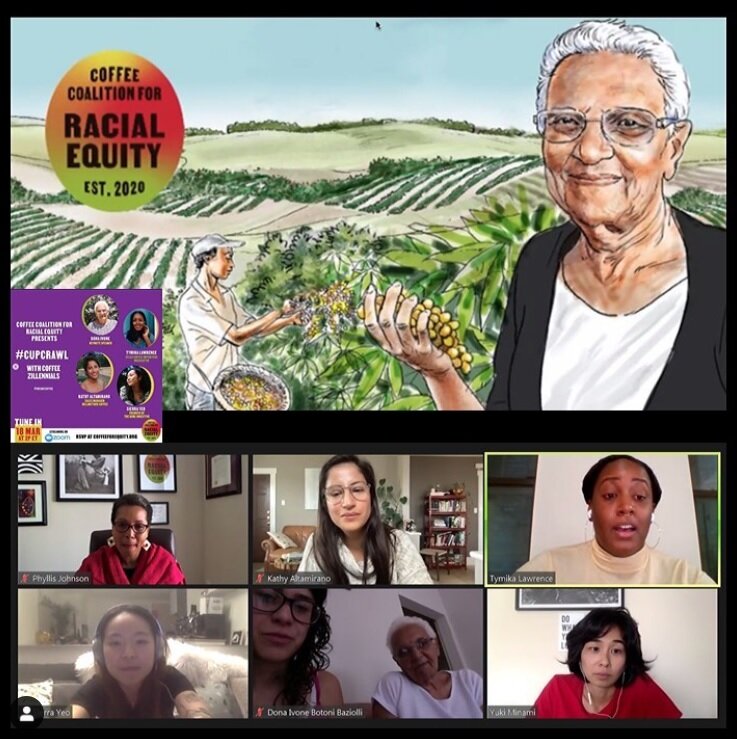Saying that women work hard may sound like an unnecessary statement. They are majority in some professions, but do not occupy many spaces of power. The coffee industry, as well as everywhere else, has diverse voices and feminine work that are worthy of visibility.
In March, The International Women’s Day is celebrated. A political day that originated in protests for equal rights, freedom and emancipation and dated from mid-19th century to 20th century in Russia, United States and Europe. In Brazil, only after the Constitution of 1934 (Elections Code of 1932) the feminine vote was introduced and also the possibility of electing women for executive and legislation positions.
It is important to remember the origins and meaning of that fight in order to reinforce its ideal of equity not only based in gender but in the broader sense of social equity. We can start by the law’s correction for maternity leave: in Brazil, the period of maternity leave is of 120 days whilst for men is of 5 days. That fact stimulates the inequality at the hiring moment because some companies prefers hiring men for that reason, and once again, it is a society’s way of exalt and ratify the women’s role as responsible for taking care of the children and household.
In the world of coffee, the union and fighting for women visibility is represented by the IWCA – International Women’s Coffee Alliance. The IWCA advocates for approaching women to themselves. It was established in Brazil in 2012 with the goal of creating opportunities to women in coffee in Brazil.
From March 15 to 19, the IWCA Brazil in partnership with UN Women have promoted dialogues named Learning Trail with simultaneous translation to English and Spanish with the following headline:
The advent of specialty coffees highlighted new possibilities for enterprises and roles in the coffee sector. But how to build a successful path in a young market and with so many possibilities?
The goal was showcasing women in coffee, inform other women and share ideas of how they can develop professionally. The IWCA Brazil invited many women from specific coffee areas of the value chain, from production, trade, export, management, roast to hospitality and service. After all, a truly journey and exchange of knowledge. Every debate was open to Q&A and everybody won, a “win-win” relation indeed.
The Learning Trail taught us that there are many stories from women that need to be shared and understanding the paths they have taken to reach unimaginable places – not without resistance – is more than learning the technical or intellectual competences. It is about feeling in your soul that women in coffee are not alone and there are many spaces they can and must occupy.
It is important to emphasize that we have walked a lot in women’s rights, however the coffee universe is still hegemonically masculine. Although many women are involved in the production phase – plant care, harvesting, processing and sorting – in other steps of the value chain like transporting, marketing and trade women’s presence and voices are scarce (The Way Forward: Accelerating Gender Equity in Coffee Value Chains, 2015).
Sorority is an essential concept in the feminist movement, but the essence of the word is nothing more than union among women. And the event promoted by the IWCA is an example of alliance of solidarity and, beyond those noble grounds, aims for stimulating women to get professionalized, learning about their product, and saying one more time that “the woman’s place is wherever she wants to be.”
Among many stories, victories and fights of women in coffee, we highlight the story of Dona Ivone Botoni Baziolli who is 88 years-old and dedicated 65 years of her life working at the Agronomic Institute of Campinas (IAC). She has vastly contributed to the research of new coffee varieties like catuai, yellow bourbon and mundo novo at the oldest coffee research institute in the world. She received a tribute at an international event organized by the COFFEE COALITION FOR RACIAL EQUITY (@coffeeforequity).
Source: @coffeeforequity and @pereiracafes
In the end, the Foucauldian perspective says that the power itself does not exist but relations of power which are disseminated and very well-articulated throughout the social system. Such articulation lead women to be silent and now they have some voice, though still occupy an unequal position in a society that promotes the triple journey – household matters, children care and work – and impose limitations to access the spaces of power in a veiled way…
Conclusion: it is urgent and necessary seeing more women occupying spaces of power in coffee.












